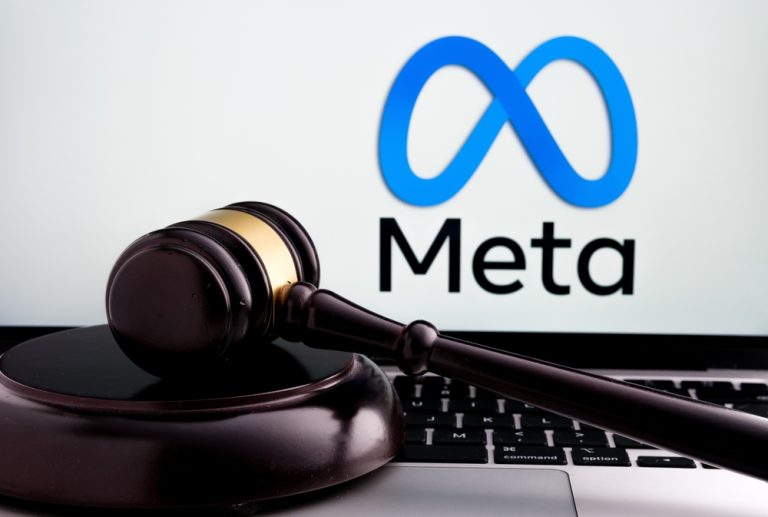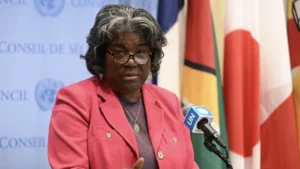In a significant legal decision on Monday, a U.S. federal judge halted the implementation of a new Ohio law to regulate minors’ access to social media platforms. The legislation, which sought to compel companies like Instagram and TikTok to secure parental consent for users under 16, was contested on the grounds of infringing upon the free speech rights of minors, as protected by the First Amendment of the U.S. Constitution.
Chief U.S. District Judge Algenon Marbley sided with the tech industry trade group NetChoice, emphasizing the law’s broad approach as an excessively blunt tool for mitigating the potential harms of social media on children. This case adds to a growing list of legal challenges against state attempts to safeguard young digital users, highlighting the complex interplay between child protection efforts and constitutional rights.
Ohio’s initiative, known as the Social Media Parental Notification Act, was defended by the state’s Republican Attorney General, Dave Yost, as a necessary measure for shielding minors from mental health risks and online predators. However, Judge Marbley’s ruling criticized the law for its lack of precision in achieving these protective goals, instead broadly restricting minors’ online interactions. The decision reflects a broader judicial skepticism towards state-level regulations on digital platforms, underscoring the challenges lawmakers face in addressing the nuanced impacts of social media on youth.
As the debate continued, Ohio Governor Mike DeWine expressed his disappointment, pointing to the adverse effects of social media on the mental well-being of young individuals. With the law now on indefinite hold pending further litigation, the spotlight turns to Congress for a potential federal response to the issues at hand. This case not only underscores the legal hurdles in regulating digital spaces but also ignites a crucial conversation about the balance between safeguarding children and preserving constitutional freedoms in the digital age.
The blockage of Ohio’s law by a federal judge marks a pivotal moment in the ongoing discussion about regulating social media use among minors. As legal battles unfold across the United States, the need for a coherent, national strategy to protect young users online while respecting their rights becomes increasingly evident. The outcome of this case and others like it will likely shape the future landscape of digital regulation and youth protection.






















